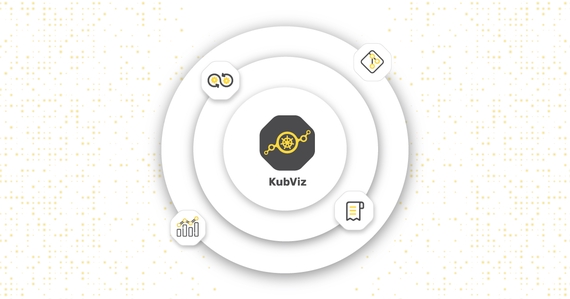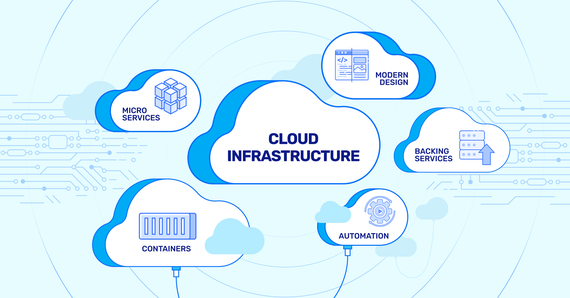
The Need for Unified Observability for Modern Businesses
Gone are the days of monolithic applications and siloed data centres. Enterprises are increasingly adopting …

Containerization, a software development technique that packages an application and its dependencies into a single unit (container), has become a popular choice among developers for deploying applications quickly and reliably across different environments. Due to their lightweight virtualization capabilities, containers offer faster startup times and enable efficient resource utilization.
However, as organizations increasingly rely on containerization of applications to run critical workloads, the need for robust container security practices becomes paramount. From safeguarding sensitive data to maintaining the integrity of applications throughout their lifecycle, secure containers are essential for:
Compage, an opensource low-code application development platform, streamlines container building with automated multistage builds and support for distroless containers to enhance security, efficiency, and portability. Automating the container building process allows developers to create consistent and optimized containers effortlessly.
Compage, with its easy-to-use interface, simplifies containerization for developers, especially novice developers who may not be familiar with the concept. The platform provides Docker files for each microservice, freeing up developers’ time as they no longer have to manually create containers.
Here are some of the key benefits of using Compage:
Compage automates the process of producing lightweight and high-performing containers using multi-stage Dockerfiles, making it easy for developers to deploy efficient and optimized applications. By only including the necessary components and dependencies in the containers, teams can reduce resource overhead and improve performance. For example, multi-stage builds can reduce a 100MB container to 10MB, resulting in faster image transfers, quicker application startups, and better runtime performance.
The multi-stage build is automated, but developers can still customize their container images by adjusting dependencies, directory structures, and other optimizations in the Dockerfile. For example, developers can modify installed dependency versions, file organization, or other elements in the image to improve its performance or security.
By customizing their container images, developers can ensure that their images are tailored to their specific needs. This can help to improve the performance, security, and reliability of their applications.
Containerization simplifies the packaging and deployment of applications but without proper security measures, containerized applications can become susceptible to exploits and attacks. Distroless containers offer a lightweight solution, including only essential runtime components necessary for application functionality. Unlike traditional containers, they omit a full operating system, resulting in significantly smaller sizes. This approach also reduces the attack surface, as it limits potential vulnerabilities.
Distroless containers are particularly suitable for running microservices and applications that require strong isolation and security, making them an excellent choice for organizations needing to adhere to strict security regulations. Compage advocates the adoption of distroless containers to empower developers in building and deploying secure applications.
Compage assists developers in optimizing the performance and portability of their containerized applications. It guarantees the portability of containers, meaning they can be deployed across different platforms and environments without modification. This streamlines the deployment process and allows developers to focus on delivering features and functionalities.
Check out Compage on GitHub and see how it can streamline your containerization and secure your code. If you like what you see, please leave us a star. You can also get started by checking out Compage documentation for more details. And, if there are any burning questions we have not yet answered, feel free to contact us via LinkedIn. We would love to talk to you!

Gone are the days of monolithic applications and siloed data centres. Enterprises are increasingly adopting …

Gone are the days of simple, monolithic applications running on a centralized infrastructure. Today’s …

Digital transformation has reshaped how businesses operate, keeping customers at the forefront. Its urgency …
Finding the right talent is pain. More so, keeping up with concepts, culture, technology and tools. We all have been there. Our AI-based automated solutions helps eliminate these issues, making your teams lives easy.
Contact Us